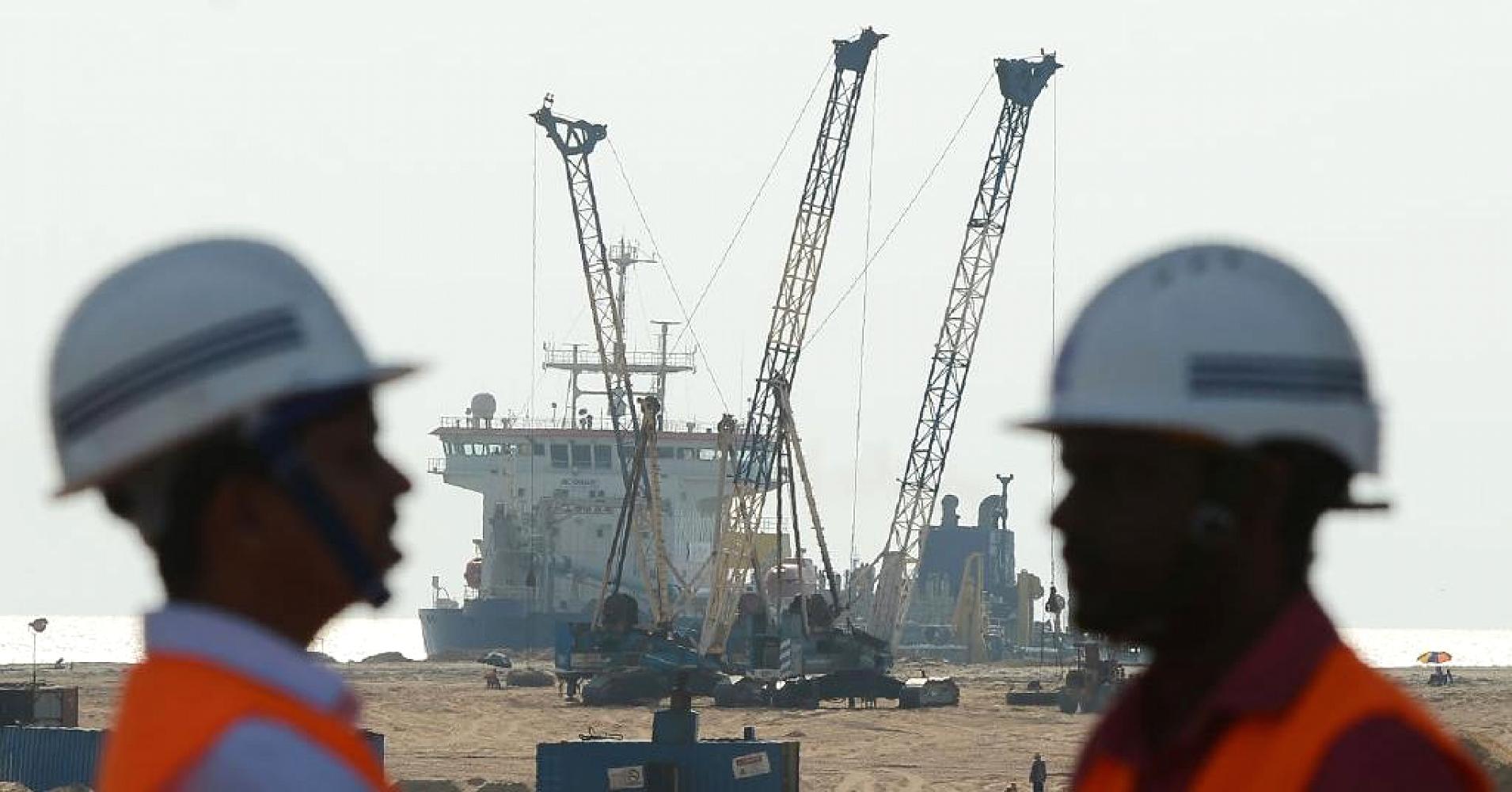
China’s continent-spanning network of infrastructure investments — known as the Belt and Road Initiative — keeps expanding. So do the legal risks.
Multi-jurisdictional dealings between Chinese entities and their emerging market counterparts can pose immense regulatory challenges, especially in the realms of financing and execution. To address trade and investment disputes along the Belt and Road, the world’s second-largest economy intends to establish international courts in Beijing, Xi’an and Shenzhen, local media reports announced last week.
The new institutions will be based on Beijing’s existing judiciary, arbitration and mediation agencies, according to state-run media outlet Xinhua. There are concerns, however, that the China-led legal system will favor local parties over foreign players.
“The fact that the arbitration courts will be under the Supreme People’s Court will be a red flag for many corporate entities,” said Hugo Brennan, analyst at risk consultancy Verisk Maplecroft, referring to China’s highest judicial body. “The judiciary is subservient to the Chinese Communist Party and its interests, which will raise legitimate concerns around.”
Excessive Chinese control is a frequent complaint about President Xi Jinping’s initiative to boost Beijing’s economic influence throughout Asia and Europe, with the government deciding which countries get funding and when. Critics have said Beijing is using the multibillion-dollar program of railways and ports to push its political and economic agenda in the developing world.
“It is uncertain how much the legal authority of China is expected by Beijing to influence disputes, which by their cross-border nature, are also bound by other nations’ sovereign laws,” Chris Devonshire-Ellis, founder at Dezan Shira & Associates, an Asia-focused advisory firm specializing in legal, accounting and compliance services, wrote in a recent note.
In the past, the communist state has insisted on arbitration bodies that it controls, he noted. If that’s the case along the Belt and Road, “it will be interesting to note the reaction of other participating nations who may not appreciate China imposing trade dispute legislation upon their own judiciary and sovereign legislature,” he continued.
Beijing does have an existing trade dispute body, the China International Economic and Trade Arbitration Commission, but it’s previously faced “problems arising from political influence and is not always considered to be transparent,” according to Dezan Shira & Associates.
The country’s Ministry of Foreign Affairs has not yet answered CNBC’s request for comment on the matter.
Many others welcomed news of the courts. Sarah Grimmer, secretary-general of Hong Kong International Arbitration Center, called it “a positive development” that reflected the proactive nature of Xi’s government.
China’s economic rise in recent years, combined with the Communist Party’s opaque governance, has produced a deeply entrenched skepticism about the country’s global aspirations. Under Xi, Beijing has been dubbed the world’s new colonial power as it sends state-owned enterprises across the globe to gain new markets as well as strategic allies. As a result, China-backed international institutions such as the Asian Infrastructure Investment Bank, which aims to rival the World Bank, often face allegations of prejudice.
“Historically, there has been concern from the West about the perception of bias and a relatively weak rule of law in the Chinese court system,” said Martin Rogers, partner at law firm Davis Polk & Wardwell. But confidence, he said, has now increased in the reliability of decision-making by Chinese courts, particularly on intellectual property litigation, which is “a close parallel” to Belt and Road issues.
To ensure a trustworthy reputation, “the new court will need to establish an early, good track record of objective and fair decisions,” Rogers said.
Indeed, verbal assurances alone won’t appease skeptics, according to Brenna, who warning that “the proof of the pudding will be in the eating.”

